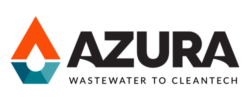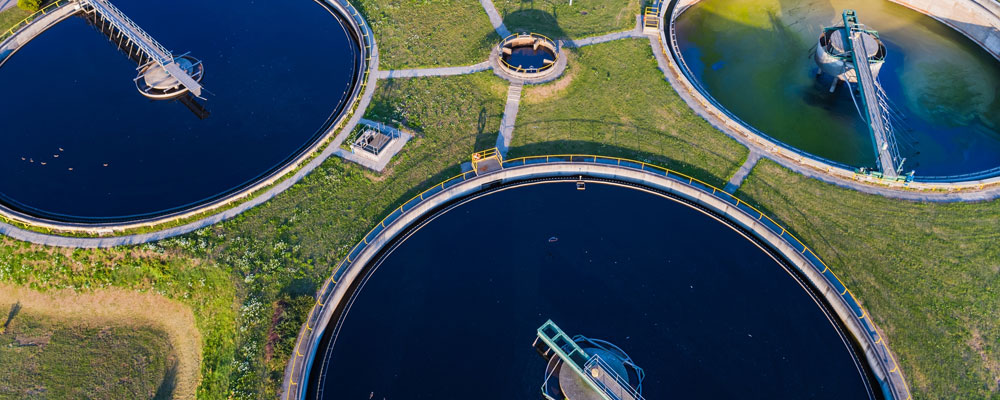CAWQ is a national non-governmental, non-profit organization for professionals engaged in research on water quality, or control and treatment of water pollution. The objectives of CAWQ are to:
- promote research on the scientific, technological, legal, economic, and policy aspects of water quality and of the control and treatment of water pollution,
- further the exchange of information and practical application of such research for the public benefit, and
- promote the goals and objectives of the International Water Association (IWA) in Canada.
The objective of this specific symposium is to bring together people from the diverse fields of water quality management and research and to present achievements and innovation from experts in science, engineering, and policy. As well, the aim is to exchange information for public benefit in Canada between universities, consultants, and government. This event is supported by CAWQ, IWA Young Water Professional (YWP) Canada chapter, Ryerson University, University of Toronto, and York University.
David’s presentation specifically focusing on opportunities for codigestion using existing anaerobic digestion infrastructure at municipal wastewater treatment plants. Codigestion is the process whereby fats, oil, and grease (together called “FOG”) and other organic waste is combined and processed along with sewage sludge at wastewater treatment plants to produce renewable energy, thereby turning these treatment plants into the more appropriately named Water Resource Recovery Facilities (WRRFs).
He will be covering key considerations in codigestion projects and outline how the shift to codigestion can contribute to resource recovery and net-zero energy, or energy neutrality, at WRRFs. The biogas produced through anaerobic digestion can be burned to produce heat for the facility, used to generate green electricity, or upgraded to produce renewable natural gas (RNG). RNG is one of the few renewable fuels that can be carbon negative!
These conversations are significant as municipalities spend a large portion of their energy consumption on water and wastewater systems and the trend is moving towards increasing energy costs. The Environmental Commissioner of Ontario has noted that “Municipal water and wastewater systems are usually a municipal government’s largest energy users, consuming, on average, 38% of the energy use. By shifting towards water resource recovery facilities, there is an opportunity to reduce the impact of increasing costs by offsetting energy consumption with energy generation.
There are many benefits to codigestion such as value generation from biosolids, minimizing waste, recovering resources, and unlocking trapped energy potential. Along with government priorities for reducing greenhouse gas emissions and recovering resources from all waste, there is a tremendous opportunity for municipalities to lead a major shift toward resource recovery and energy neutrality at WRRFs.
To attend the 56th Central Canadian Symposium on Water Quality Research, please check the Canadian Association of Water Quality site here.
Get Insights from the Bioprocess Experts Right to Your inbox
Sign up to the Discover Digesters Newsletter to access Azura’s best practices, field-tested advice, and insights into the anaerobic digestion & industrial wastewater treatment industries.
By submitting this form, you are consenting to receive marketing emails from: Azura Associates. You can revoke your consent to receive emails at any time by using the SafeUnsubscribe® link, found at the bottom of every email. Emails are serviced by Constant Contact.

